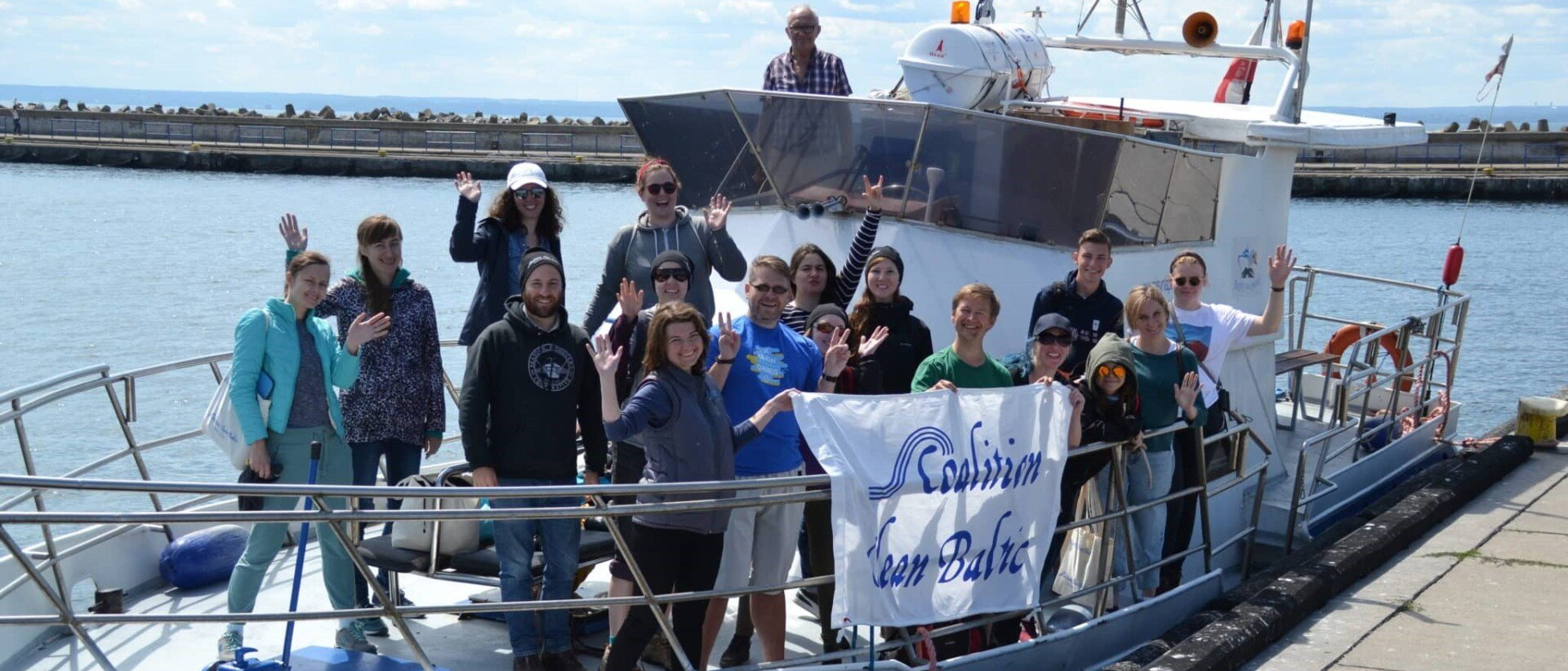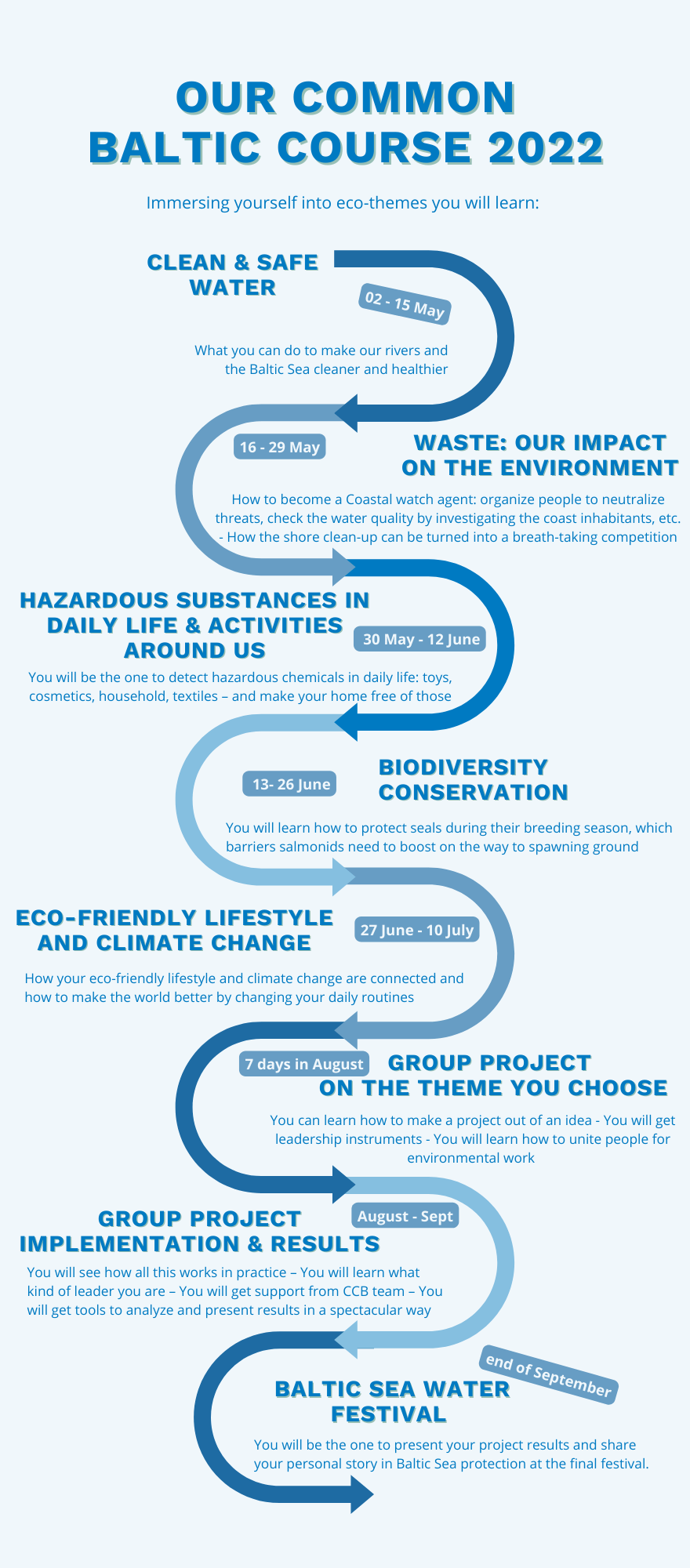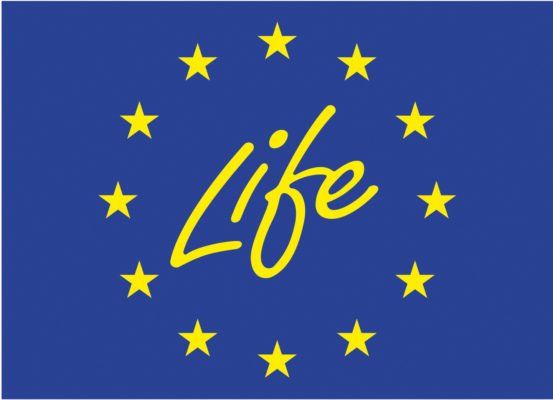HOW:
PHASE 1
The course started with a series of 5 introductory online lectures on the following environmental themes:
- Clean & safe water
- Waste
- Hazardous substances
- Biodiversity conservation
- Climate change
Each of the lectures was accompanied by practical tasks and small projects (e.g. household waste audit, audit of phosphates in detergents and microplastics in cosmetics, nitrates monitoring, checking presence of drinking fountains in the locality, constructing birdhouses, finding out specific biodiversity problems in your area etc).
For each country, a social network group was created for communication, offline meetings, small-projects realization and support.
PHASE 2
In August, the activists, who have mastered the introductive lectures and successfully fulfilled the practical tasks and the group projects, gathered in their countries for a camp or intensive meet up to prepare an information campaign on the theme selected by them under the supervision of the thematic expert.
PHASE 3
After it, the participants had five weeks for the implementation of the campaign in their country, with CCB support.
PHASE 4
And finally, they presented the results of the implemented campaign to the local environmental organisations and the CCB network.



